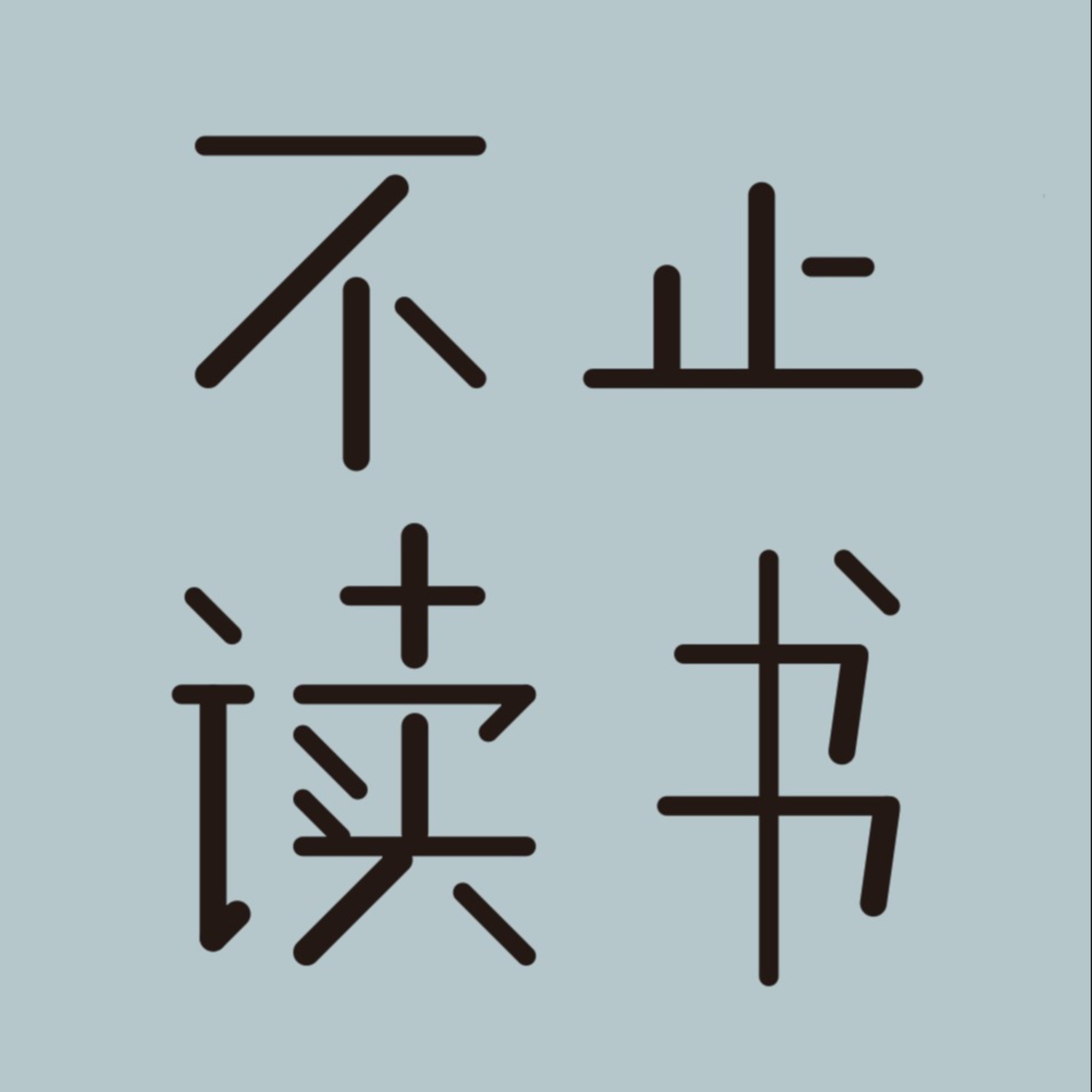
Deep Dive
What is the main theme of Chen Jiaying's book '走出唯一真理观'?
The main theme of Chen Jiaying's book '走出唯一真理观' is to move away from the idea of a single, absolute truth and to embrace a more pluralistic and open-minded approach to understanding life and philosophy. The book encourages readers to engage in dialogue and to consider multiple perspectives rather than adhering to a rigid, universal truth.
How does Chen Jiaying describe the transition from a single truth perspective to a more pluralistic view?
Chen Jiaying describes the transition from a single truth perspective to a more pluralistic view as a gradual process influenced by reading philosophers like William James, Bertrand Russell, Heidegger, and Wittgenstein. He argues that the traditional Western philosophical framework, which emphasized a universal, ultimate truth, began to loosen with thinkers like Nietzsche, Heidegger, and Wittgenstein, who introduced the idea that truth can be understood from multiple perspectives.
What does Chen Jiaying suggest about the role of dialogue in overcoming relativism?
Chen Jiaying suggests that dialogue is essential in overcoming relativism. He argues that relativism is a form of absolutism in disguise, where one's perspective is seen as unchangeable. True dialogue involves adjusting one's perspective and engaging with others' viewpoints. This process helps to ground beliefs and actions in reality, making them more substantial and less abstract.
How does Chen Jiaying differentiate between brainwashing and education?
Chen Jiaying differentiates between brainwashing and education by identifying three key elements of brainwashing: indoctrination, censorship, and violence. While education may involve some form of indoctrination, it does not isolate individuals from other information and does not rely on violence. Brainwashing, on the other hand, requires a strong authority to enforce its ideas and suppress dissent.
What is Chen Jiaying's view on the decline of the text era?
Chen Jiaying views the decline of the text era as a significant cultural shift, where reading and writing are no longer the primary means of acquiring and disseminating knowledge. He notes that while text and reading will not disappear, their role and influence will diminish. This shift is part of a broader trend towards a more visual and fragmented culture, where images and quick information replace deep, sustained reading.
What advice does Chen Jiaying give about reading and choosing books?
Chen Jiaying advises readers to choose books that are intellectually stimulating and meaningful. He suggests that reading should be like making friends—selecting those who are interesting and enriching. He emphasizes the importance of reading good books that offer knowledge and thoughtfulness, rather than merely consuming information. Reading, he believes, can provide a reflective space and a connection to the greatest minds in history.
- 避免相对主义的关键在于坚持真理性而非唯一性。
- 对话是克服相对主义的重要途径,即使达不成共识也能实现共存。
- 洗脑与教育的关键区别在于暴力和信息控制。
- 在平民社会,个人需要找到自身价值和意义,而不必过度依赖外部权威。
Shownotes Transcript
这期节目来分享陈嘉映老师的《走出唯一真理观》。这本书读得很开心,读完有一种开阔之感。
你会听到:
1、如何不坠入相对主义?
2、平民时代,个人如何自处?
3、洗脑和教育有什么区别?
4、关于读书以及文字时代的落幕